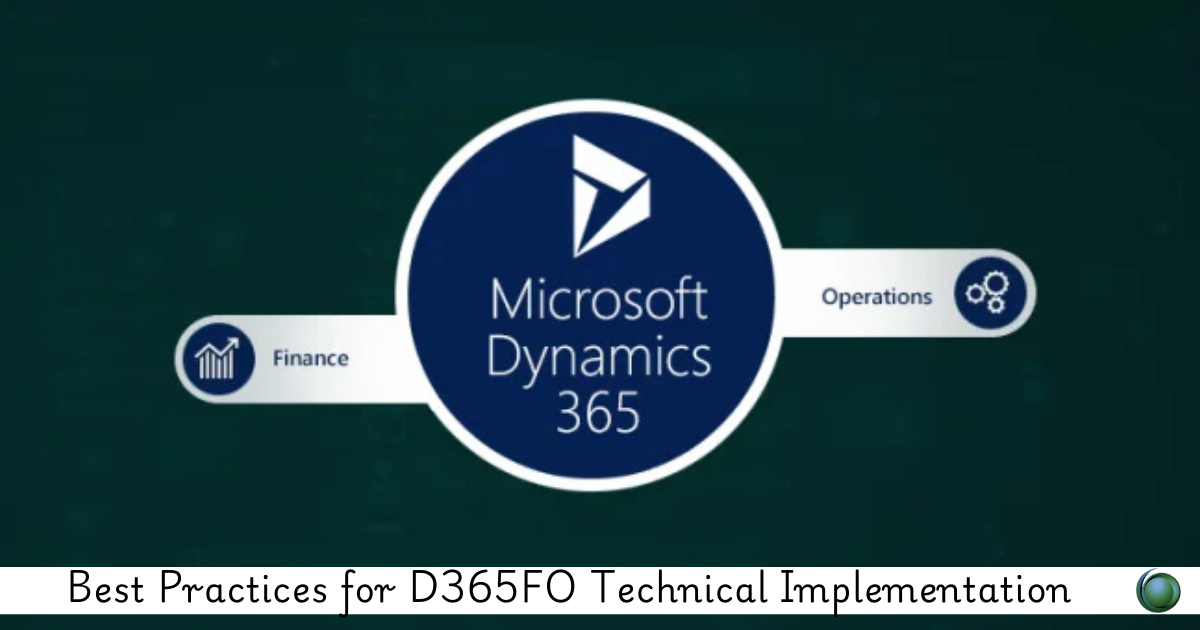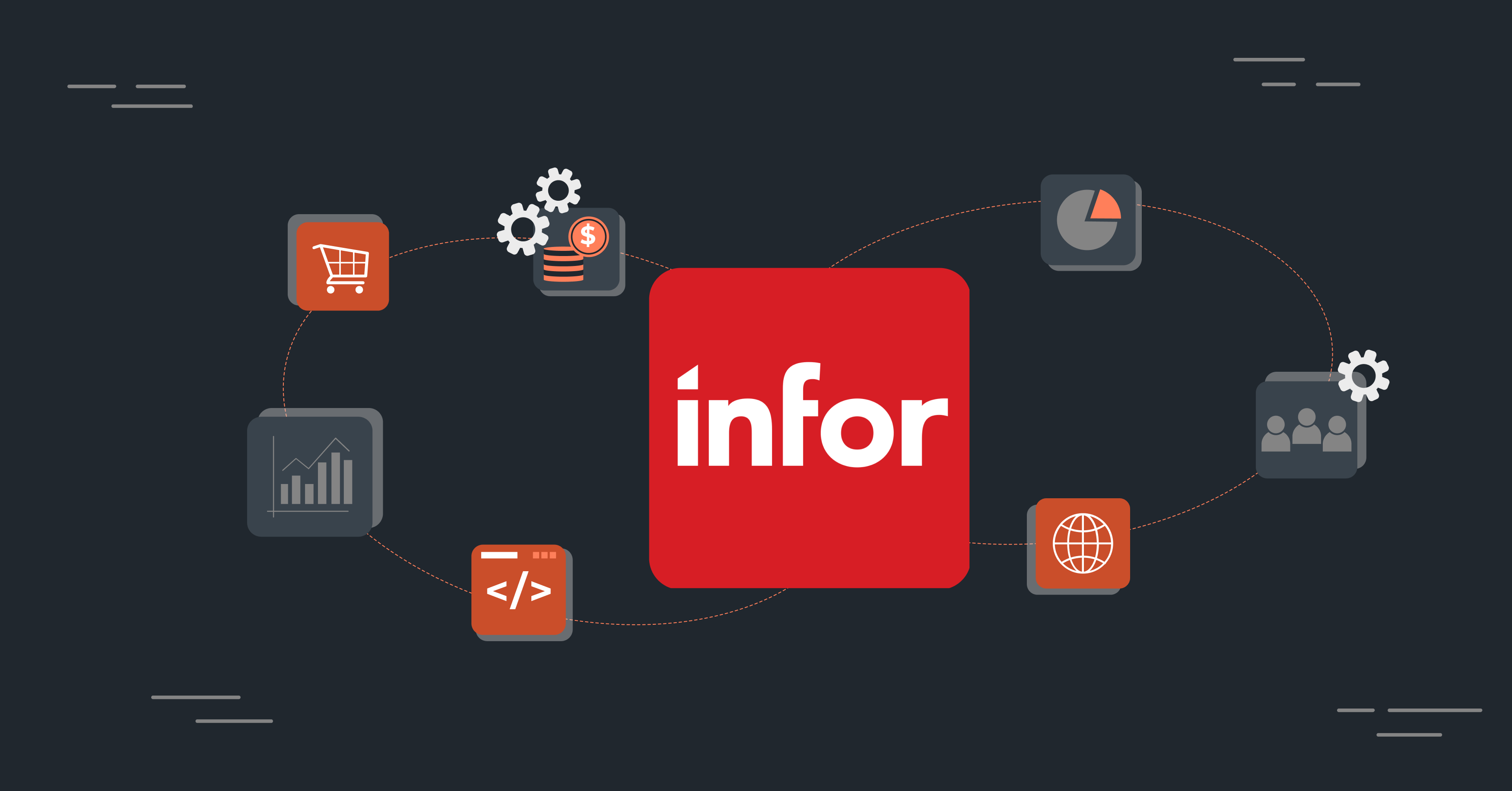Description
Introduction to D365FO Technical Implementation
Microsoft Dynamics 365 Finance and Operations (D365FO) Technical Training is designed to equip IT professionals, developers, and system administrators with the necessary skills to customize, configure, and manage the D365FO platform. This D365FO Technical Implementation training covers essential technical topics such as development, integration, system administration, and troubleshooting within the D365FO environment. By mastering these technical aspects, professionals can ensure that the platform runs smoothly, is highly customizable, and integrates effectively with other enterprise systems.
Prerequisites for D365FO Technical
1.Basic Understanding of ERP Systems: Familiarity with ERP systems, especially the core functionalities of finance and operations management.
2.Technical Background: Knowledge of programming languages such as X++, C#, or .NET and web technologies like HTML, JavaScript, and CSS.
3.Experience with Microsoft Technologies: Proficiency with tools such as Visual Studio, Azure, and SQL Server.
4.Basic Knowledge of D365FO: An understanding of the modules and processes in D365FO, either through prior experience or introductory courses.
TABLE OF CONTENT
1: Introduction to Dynamics 365 Finance and Operations (D365FO)
1.1 Overview of D365FO
1.2 Key Features and Capabilities
2: Architecture of D365FO Technical
2.1 Technical Architecture
2.2 Data Architecture
2.3 Integration Points
3: Development Environment Setup in D365FO Technical
3.1 Installing and Configuring Development Tools
3.2 Connecting to D365FO Environment
()4: X++ Programming Language
4.1 Introduction to X++
4.2 Data Types and Variables
4.3 Control Structures
5: Development in D365FO Technical Implementation
5.1 Creating Tables and Data Entities
5.2 Working with Forms and Views
5.3 Developing Reports
6: Security and Role-Based Access Control
6.1 Managing Security in D365FO(Ref: Introduction to D365FO Functional Modules)
6.2 Configuring Role-Based Access Controls
7: Integration with External Systems
7.1 Data Import/Export
7.2 Integrating D365FO with Other Applications
8: Development Lifecycle and Source Control8.1 Managing Development Lifecycle
8.2 Using Source Control for D365FO Projects
9: Performance Optimization in D365FO Technical
9.1 Best Practices for Optimizing Performance
9.2 Monitoring and Troubleshooting Performance Issues
10: Workflow and Business Process Automation
10.1 Configuring Workflows
10.2 Implementing Business Process Automation
11: Upgrades and Maintenance in D365FO Technical
11.1 Strategies for Upgrading D365FO
11.2 Performing Regular Maintenance Tasks
12: Testing and Quality Assurance
12.1 Strategies for Testing D365FO Solutions
12.2 Ensuring Quality in Development
13: Power Platform Integration
13.1 Integrating with Power Apps and Power BI
13.2 Leveraging Power Automate in D365FO
14: Customization and Extension Framework
14.1 Extending D365FO Functionality
14.2 Developing Custom Solutions
Conclusion
D365FO Technical Implementation Training is crucial for professionals looking to gain in-depth knowledge of the technical side of Microsoft Dynamics 365 Finance and Operations. With this training, participants can master the development, customization, and integration of the system, ensuring smooth implementations and ongoing system optimization. By leveraging best practices in coding, system administration, data management, and security, technical experts can maximize the benefits of D365FO for their organizations, contributing to improved operational efficiency and business growth.






